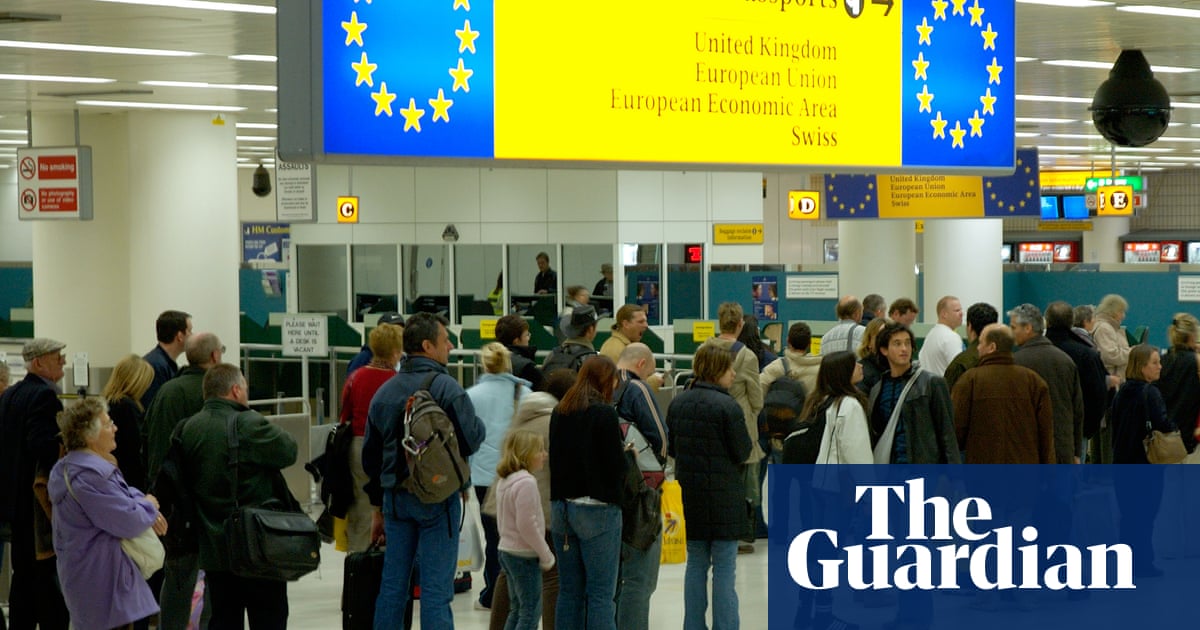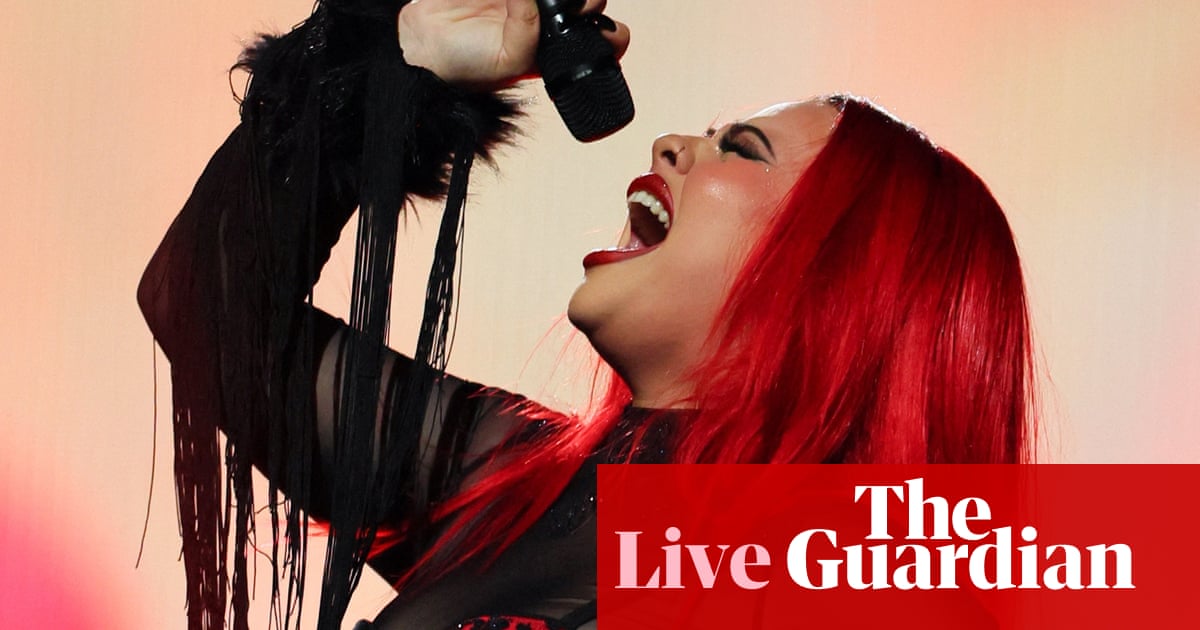More than 1,500 people convicted or charged in connection with the January 6 insurrection were pardoned by Donald Trump on his first day in office, in an act the president said “ends a grave national injustice”.
But despite the clemency, a surprising number of the pardonees are not actually now free from the law.
Among those pardoned, one is currently considered a wanted fugitive by law enforcement, having been charged with soliciting a minor; another is also facing underage sex charges. Others will remain in prison, having been convicted of non-January 6 crimes. And one of the pardonees was shot dead by police days after receiving Trump’s clemency.
Even Republicans expressed concern about Trump’s blanket pardons, and the track record of some of those granted clemency suggests greater research into the 1,600 people would have been useful.
JD Vance said in early January that people convicted of violent crimes should not be pardoned, but Trump overruled his vice-president, in a move that brings into question the president’s judgement. The pardons have even been questioned by some of those granted clemency, with two people convicted of January 6 crimes rejecting Trump’s order.
Among those pardoned by Trump was Andrew Taake, who was sentenced to more than six years in prison for his role in assaulting police officers on January 6. Taake was released from federal prison in Colorado last week, and has since gone missing. The 36-year-old had been awaiting trial on charges of soliciting sex with a minor online, and is now considered a wanted fugitive by law enforcement.
Taake was pardoned despite assaulting police on January 6: armed with a metal whip and bear spray, he doused officers with the spray four times, and struck a police officer with the metal whip before entering the Capitol building.
Taake isn’t the only one accused of sexual misconduct involving a child.
On 8 January, David Daniel, from Mint Hill, North Carolina, pleaded guilty to assaulting or resisting a police officer. Before he could be sentenced, Trump’s pardon swept away the case. Daniel had been arrested and charged on September 20 2024, however, with possession of child pornography and sexual exploitation of a minor related to sexual assault and trafficking of child pornography, Queen City News reported. The case is ongoing.
Theodore Mittendorf pled guilty to destruction of government property during the Capitol riot, but will not be released from prison because he is currently serving 19 years in prison for sexually assaulting a child. NPR cited court records which said the child was seven years old at the time.
Others have also previously been found guilty of serious crimes.
NPR also reported on the case of Daniel Ball, who was accused of throwing an “explosive device that detonated upon at least 25 officers” on January 6. His charges were dismissed after Trump’s pardon on 20 January, but Ball, who had previously been convicted of domestic violence battery by strangulation and battery on a law enforcement officer, was rearrested two days later on gun charges.
Benjamin Shuler was charged with assaulting, resisting, or impeding officers on January 6, but the charges were dropped after Trump’s pardon. Shuler will not be released from prison because he was convicted of vehicular homicide in Ohio in 2021, after a 22-year-old woman was killed in a drunk driving incident a few months before January 6. Shuler is serving a five year sentence, NBC4i reported. Emily Hernandez will also not go free: the Missouran, who served 30 days in prison for her role in the January 6 riot, was sentenced last week to 10 years in prison for a deadly drunk driving crash.
The pardoning could yet put other convictions in jeopardy. Jeremy Brown was sentenced to seven years in prison in 2023, after FBI agents investigating the insurrection found an AR-15, a sawn-off shotgun, and grenades in his Florida home. Brown remains in prison, but Mother Jones reported that his lawyer “is preparing to argue that Brown’s Florida conviction is covered by Trump’s pardon because the search that turned up his weapons resulted from the January 6 probe”.
Meanwhile, at least one person pardoned has already died: Matthew Huttle, who was shot dead by police during a traffic stop six days after being pardoned by Trump. Huttle admitted to entering the US Capitol on January 6 and agreed to a plea deal that gave him six months in prison. The Indianapolis Star reported that Huttle had at least 13 criminal convictions, and previously been sentenced to two and a half years in prison after he spanked his son “so hard that he left bruises all over the child’s backside”.
after newsletter promotion
Others didn’t want the pardon at all.
“It’s an insult to the Capitol police officers and to the rule of law and to the nation. It contributes to the propaganda that it was a peaceful protest, that the DoJ is weaponized against them and against Trump,” Pamela Hemphill said.
In January 2022, Hemphill pled guilty to involvement in the insurrection and was sentenced to 60 days in prison and three years of probation, but the conviction was wiped out by Trump’s pardon. She plans to file a letter of rejection, having accepted she was part of a “Maga cult” when the Capitol was stormed.
Jason Riddle, a US navy veteran, entered the US Senate parliamentarian’s office on January 6, drank a bottle of wine and inflicted damage. He pleaded guilty to misdemeanor offenses and was sentenced to 90 days in April 2022. Riddle, a recovering alcoholic, told New Hampshire public radio that supporting Trump became “more or less my identity”.
“The less I had a life, the louder I was about being a Trump supporter,” Riddle said.
Like Hemphill, he does not want Trump’s clemency.
“It’s almost like [Trump] was trying to say it didn’t happen. And it happened. I did those things, and they weren’t pardonable,” Riddle said. “I don’t want the pardon. And I … reject the pardon.”

.png) 3 months ago
38
3 months ago
38

















































